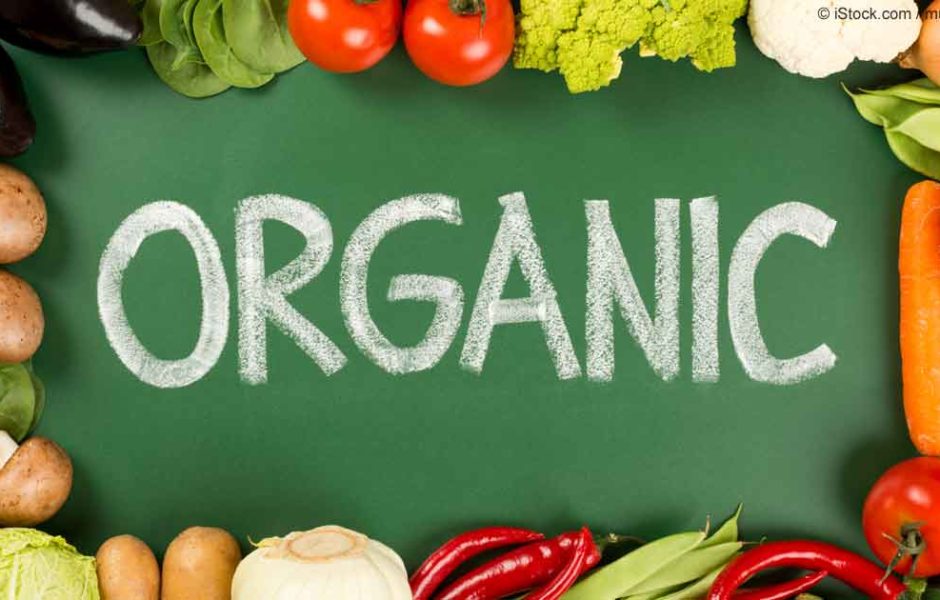One of the most common questions that my patients have–is organic food really worth it?
There is some confusing data in the scientific literature, which we will sort through.
Organic Food Has Fewer Pesticides and Toxins
First of all, the research is clear that organic food definitely has much lower pesticide residues (it also appears to have lower levels of other toxins like cadmium, a toxic heavy metal.) Why is this important? The reason is that long-term pesticide exposure is associated with infertility, disruption of hormones, neurological disorders, and potentially even cancer. Consuming fewer toxic chemicals in the long run is likely to be better for your health.
Children are especially susceptible to pesticides. But good news – research shows that when children eat organic, the pesticide levels in their bodies drop quickly.
Some studies have shown that organic food does not have a higher vitamin or mineral content than conventionally grown food. The media has concluded (incorrectly) from this that organic food is not more nutritious.
Organic Food Has More Phytochemicals
However, plants contain not just vitamins and minerals but also phytochemicals – antioxidants and other disease-fighting compounds – that can significantly reduce our risk of disease. A recent review of 343 studies concluded that organic produce does have higher levels of antioxidants. This confirmed earlier reports that organic produce in some cases had twice the level of antioxidants as conventional.
What about organic dairy products? Recent research found that organic milk is actually significantly higher in beneficial omega-3 fatty acids than conventional milk.
When Choosing Organic Matters the Most
Of course, cost is an issue, so when does organic really matter? There are 15 foods known as “The Clean 15” that are the lowest in pesticide residues. It would be okay to purchase conventional versions of these foods. In contrast, “The Dirty Dozen” are the 12 foods that are the highest in pesticide residues and should be consumed organic whenever possible.
We all need to be eating more fruits and vegetables, since the average person is not consuming close to the recommended 9 daily servings. Choosing organic options can help reduce toxin exposure and increase the antioxidants and micronutrients that you get out of your food.




[…] Is Organic Food A Scam – What the Science Really Says […]